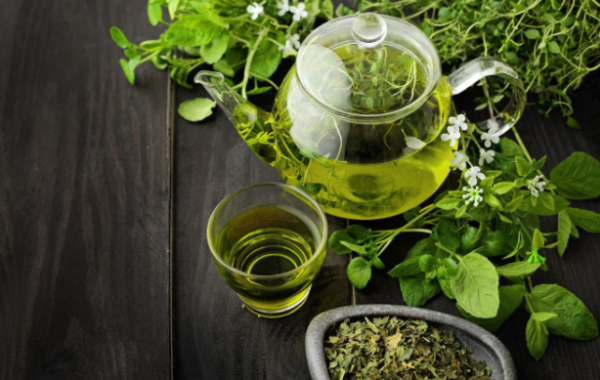Most people associate caffeine with coffee and fewer people than you might think know that caffeine is also in tea. Caffeine is actually present in the beans, fruits and leaves of more than 60 plants around the world – one of the most popular being green tea! Why does this matter? And what are the facts about caffeine made from green tea? Let’s start at the beginning…
What is Caffeine?
Caffeine is a naturally-occurring stimulant that works on the nervous system. It boosts alertness and fights fatigue by blocking the effects of adenosine, a neurotransmitter that makes you feel tired as it builds up over the course of the day.
It is commonly consumed in coffee, tea, soft drinks, energy drinks and as a dietary supplement tablet.
Caffeine in Green Tea vs Caffeine in Coffee and Other Beverages
How much caffeine is actually in your drink?!
The amount of caffeine in a 230ml (8oz) cup of coffee is 95mg.
The amount of caffeine in black tea ranges from 25 to 110mg.
Soft drinks (like cola) contain between 23 and 37 mg while energy drinks contain 72 to 80mg.
Although the amount can vary according to the tea plant variety, growing conditions and the production process, generally a 230ml (8oz) cup of green tea is around 35mg. It can vary between 30 and 50mg.
The variation arises from numerous factors:
- Older leaf tea has less caffeine than younger tea leaves
- Green tea bags usually have more caffeine than loose leaves
- Powdered green tea (matcha) is higher in caffeine content than tea bags and loose leaves but as portion sizes of powdered teas are smaller, the caffeine content is more similar to green tea bags
- The hotter the water used and the longer the time the tea is allowed to brew increases the amount of caffeine-infused into the drink.
- Improved brain function
- Reduction in the speed of loss of cognitive skills
- Reduced risk of cardiovascular disease
- Reduced risk of type 2 diabetes
- Reduced risk of various cancers
- Increased metabolic rate
- Improved exercise performance.
